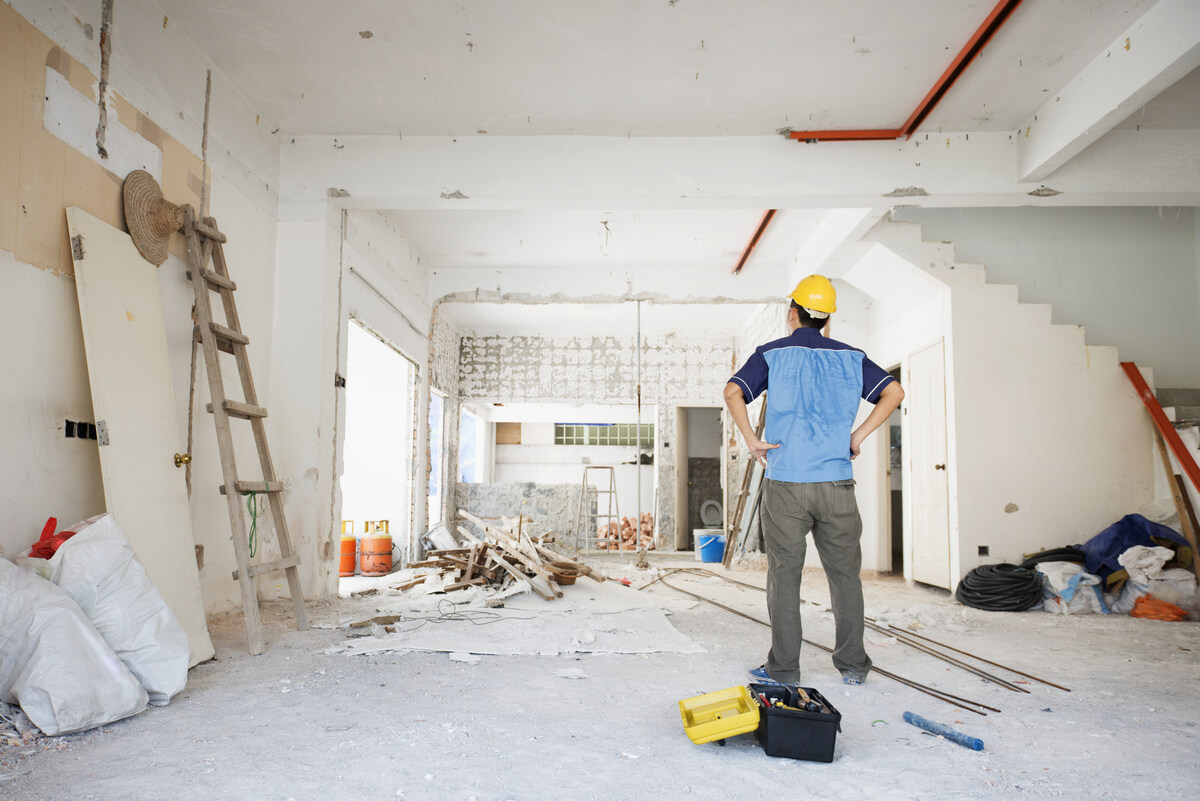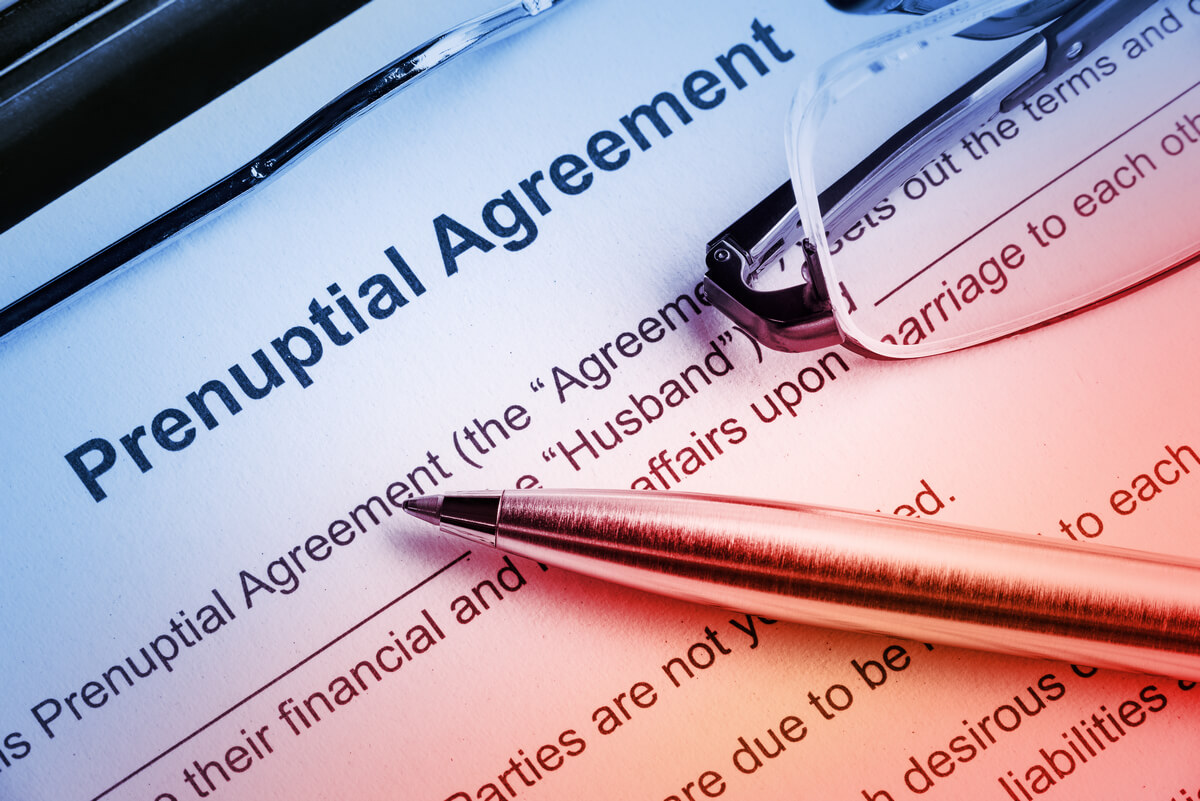Lance Parham
February 22, 2021
Divorce is one of the most stressful events a person can ever endure. Not only does it take a huge emotional toll and disrupt your entire life, but it can cause havoc on your finances as well. And due to the highly emotional nature of the proceedings, it can be very easy to make financial mistakes that will affect you long after the proceedings are over.
So how can you make sure you protect your financial interests, especially your investment tied to your home, during a divorce?
Here are four strategies to help you.

1. Stay current on your mortgage payments.
Divorce commonly leads to foreclosure, but you should do everything in your power to stop this from happening. Divorce lawyer fees are expensive, and making mortgage payments on your own if your spouse moves out can be tough. Sometimes, couples ignore mortgage payments during a divorce because of stress or a lack of communication, or simply to spite one another.
However, staying current on your payments will help you get your money’s worth for the home if you decide to sell it. If you’ve missed payments, you may have to sell the home for less than the remaining mortgage balance to avoid foreclosure. If you want to stay in the home, staying up-to-date on the payments will increase your chances of being awarded the home in the divorce settlement.
If your ex is keeping the home, it’s still important for you to be informed about the mortgage until your name is officially off of the agreement. You don’t want to be held financially responsible or see your credit score plummet if your ex stops making payments. A divorce attorney can help you draft a Property Settlement Agreement, which notes that your ex is taking full ownership of the home and requests that the mortgage company provides you with monthly statements.

2. Keep the property in good condition.
Home maintenance and upkeep tend to slip during a divorce. Everyone is stressed and busy, and caring for the home probably isn’t at the forefront of your mind. There may be difficult emotions attached to the home, too, which can make it hard to put work into the property.
Deferred maintenance can affect the value of your home, though. If you’re selling it now, you won’t get as much for the property as you would if you were up-to-date on repairs and replacements. If you plan to keep the home, failing to take care of the property could lead to costly repairs in the future. Divorce is expensive, so running into a financial emergency shortly after can be devastating.
A little bit of preventative maintenance today can make a big difference for your home. Reduce the risk of major malfunctions or accidents by fixing the small issues in the home now. Often times, these little problems are inexpensive to take care of, but they will escalate into massive financial burdens if you wait.

3. Protect your premarital assets.
If you bought your home before marriage, you’ll be in a better position to keep the property. You’ll have to prove that the asset is non-marital, though. Be prepared to show thorough documentation that proves you paid for the home yourself before your marriage.
If both of your names are on the home’s title, it will be more difficult to claim ownership of the asset. Your ex may also have some claim to the home if they made efforts to maintain or improve the property and if the value of the property increased during the marriage.
Different states have different laws regarding splitting assets during a divorce, and it’s often unclear who has the stronger claim to the home. If you and your ex both want to keep the home, the matter will need to be settled in court or with an agreement by your attorneys.
Another option is to set up a land trust for the real estate that you acquired before you were married. This protects your privacy by making the land trust the legal owner of the asset, so your name isn’t publicly attached to the property. By removing your name from the property, you weaken your ex’s claim to the asset.

4. Take advice from experts.
No matter how calm and rational you are, you are not an unbiased party in your divorce. This is one of the most stressful life events, and there are a number of overwhelming emotions involved. Even if you and your ex are amicable, you’re at risk of making regrettable decisions if you don’t run your plans by a professional. Having at least one unbiased expert in your corner is key.
Third parties like realtors, divorce attorneys, and financial planners won’t have any emotions attached to the situation. As seasoned experts, they understand the intricacies of the process, and they’ve helped countless others through similar situations. Their advice is incredibly valuable as you navigate this difficult event.
Time and organization are the two most important factors for protecting your home during a divorce. Start strategizing as soon as possible, and keep careful track of all of the necessary legal and financial documents. Divorce proceedings are complex, but preparing adequately will help you secure your home.


